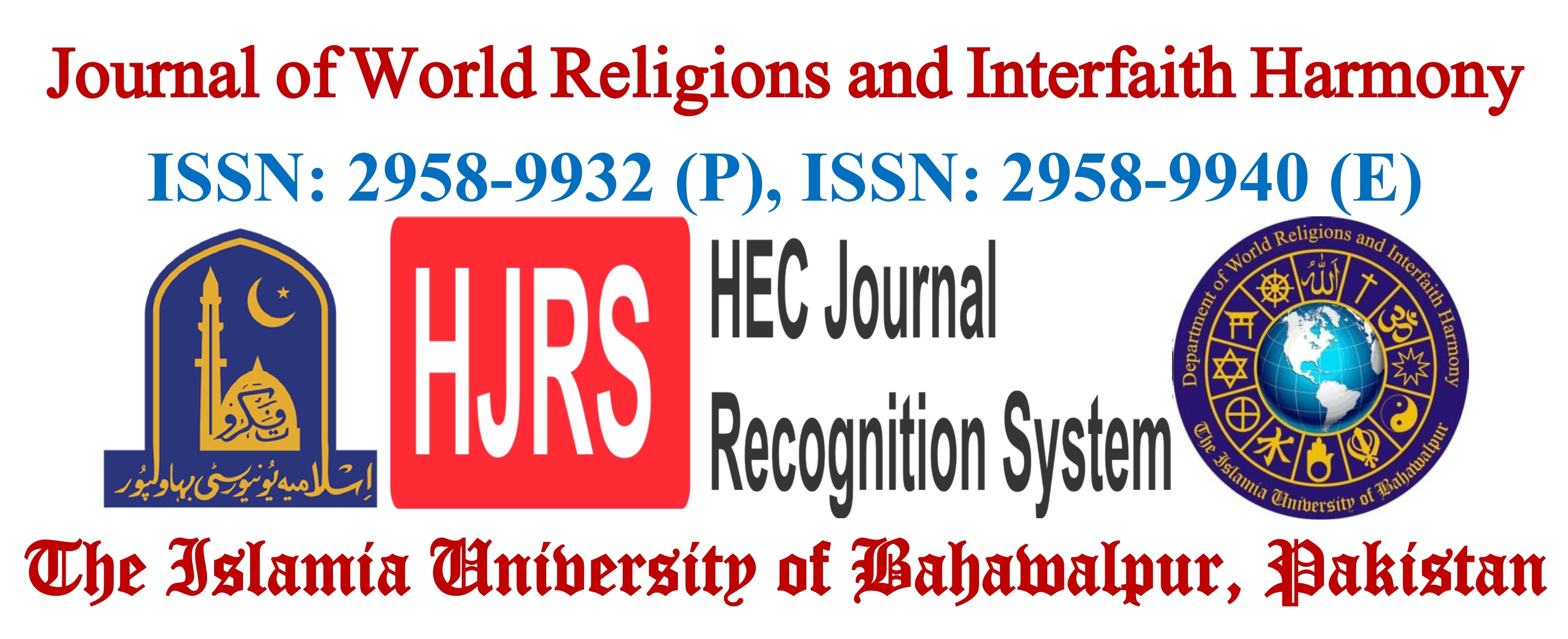Fatherhood in Interfaith Marriages
Keywords:
Muslim fathers, fatherhood, parenthood, interfaith marriages, social exchangeAbstract
This study reviewed the literature to examine fatherhood in interfaith marriage and the possible explanation of parental religious influences on children in such marriages. In particular, this study focused on understanding the religious influences of Muslim fathers in interfaith marriage on their children’s social and emotional development, religion, and dating. The study explored the cultural forces that affect the parenting style of these fathers in raising their children. Additionally, the study looked into the possible theories that may provide an explanation and understanding of the issues at hand. The literature shows that Muslim men are the influential figures in their children’s lives who teach them to incorporate Islamic values in their socialization, personality development, and relations with others. In doing so, Muslim fathers, regardless of the context in which they are raising their children, seek to be engaged, guide, and support their children. However, as members of a social minority group, the influence of these fathers is not as significant as when they are members of the majority group.
Downloads
Published
How to Cite
Issue
Section
License
Copyright (c) 2024 Mohib Rehman

This work is licensed under a Creative Commons Attribution-NonCommercial 4.0 International License.






